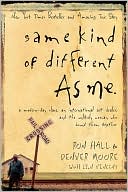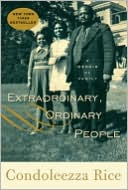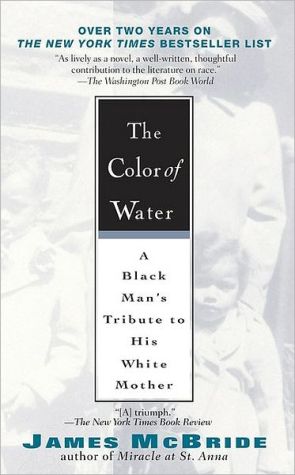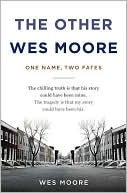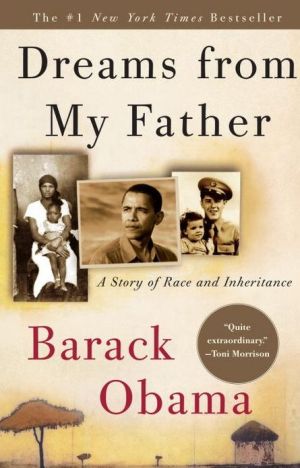Incognegro: A Memoir of Exile and Apartheid
“[Frank B.] Wilderson [will] become a major American writer. Mark my word.”—Ishmael Reed\ In 1995, a South African journalist informed Frank B. Wilderson, one of only two American members of the African National Congress (ANC), that President Nelson Mandela considered him “a threat to national security.” Wilderson was asked to comment. Incognegro is that “comment.” It is also his response to a question posed five years later by a student in a California university classroom: “How come you...
Search in google:
A literary and political masterpiece so vulnerable and unflinching that one might wish it were fiction.Publishers WeeklyStarred Review. Wilderson, a professor, writer and filmmaker from the Midwest, presents a gripping account of his role in the downfall of South African apartheid as one of only two black Americans in the African National Congress (ANC). After marrying a South African law student, Wilderson reluctantly returns with her to South Africa in the early 1990s, where he teaches Johannesburg and Soweto students, and soon joins the military wing of the ANC. Wilderson's stinging portrait of Nelson Mandela as a petulant elder eager to accommodate his white countrymen will jolt readers who've accepted the reverential treatment usually accorded him. After the assassination of Mandela's rival, South African Communist Party leader Chris Hani, Mandela's regime deems Wilderson's public questions a threat to national security; soon, having lost his stomach for the cause, he returns to America. Wilderson has a distinct, powerful voice and a strong story that shuffles between the indignities of Johannesburg life and his early years in Minneapolis, the precocious child of academics who barely tolerate his emerging political consciousness. Wilderson's observations about love within and across the color line and cultural divides are as provocative as his politics; despite some distracting digressions, this is a riveting memoir of apartheid's last days. Copyright © Reed Business Information, a division of Reed Elsevier Inc. All rights reserved.
\ Publishers WeeklyStarred Review. \ Wilderson, a professor, writer and filmmaker from the Midwest, presents a gripping account of his role in the downfall of South African apartheid as one of only two black Americans in the African National Congress (ANC). After marrying a South African law student, Wilderson reluctantly returns with her to South Africa in the early 1990s, where he teaches Johannesburg and Soweto students, and soon joins the military wing of the ANC. Wilderson's stinging portrait of Nelson Mandela as a petulant elder eager to accommodate his white countrymen will jolt readers who've accepted the reverential treatment usually accorded him. After the assassination of Mandela's rival, South African Communist Party leader Chris Hani, Mandela's regime deems Wilderson's public questions a threat to national security; soon, having lost his stomach for the cause, he returns to America. Wilderson has a distinct, powerful voice and a strong story that shuffles between the indignities of Johannesburg life and his early years in Minneapolis, the precocious child of academics who barely tolerate his emerging political consciousness. Wilderson's observations about love within and across the color line and cultural divides are as provocative as his politics; despite some distracting digressions, this is a riveting memoir of apartheid's last days.\ Copyright © Reed Business Information, a division of Reed Elsevier Inc. All rights reserved.\ \ \ \ \ \ Kirkus ReviewsLong-winded but frequently beautiful memoir traces the author's evolving identity, from childhood in upper-middle-class suburban Minneapolis to joining the desperate struggle against apartheid in South Africa and beyond. Wilderson (African-American Studies and Drama/Univ. of California, Irvine) moves erratically through time. He begins with the startling moment in Johannesburg, where in 1995 he learned that Nelson Mandela believed he was a threat to national security. But soon we are hearing about his first visit to South Africa in 1989, when a journalist urged 33-year-old Wilderson to come and bear witness to apartheid. He worked for several years in the '90s as a writer for the African National Congress, recording eyewitness accounts of violence against black people in the townships and sending them to Amnesty International and Human Rights Watch. Wilderson was an outspoken, well-read Marxist given to lecturing the underground militants he worked under, namely white Trevor Garden and black activist Stimela Mosando, who ran guns and ideas for the ANC's more radical arm. The author fell in love with and married a young law student named Khanya. They lived briefly in New York, but she disliked the covert racism she found there. Back in Johannesburg, they endured the violent repercussions of black politician Chris Hani's 1993 assassination and were eventually torn apart by ideological discord. Alternating chapters cover Wilderson's seismic awakening to racism in America as the child of one of the only black families in well-off Kenwood, Minn.; his adolescent activism in the '60s; his studies in African literature at Dartmouth; his ten years as a stockbroker; his decision to become a teacherand writer. His account of a long affair with an older white academic provides perhaps more information than most readers will want, but it fits with Wilderson's mission to be brutally honest with and about himself. Angry and paranoid, with moments of stylistic clarity.\ \


